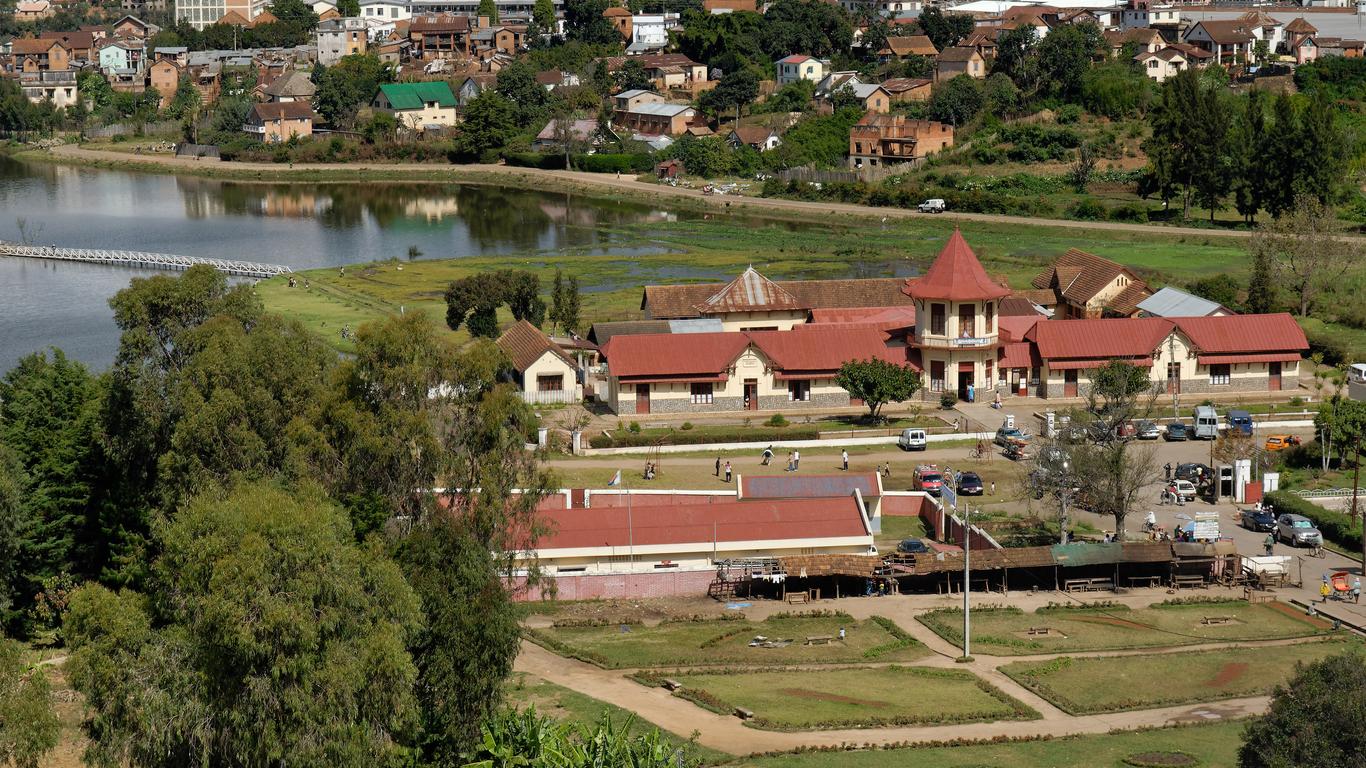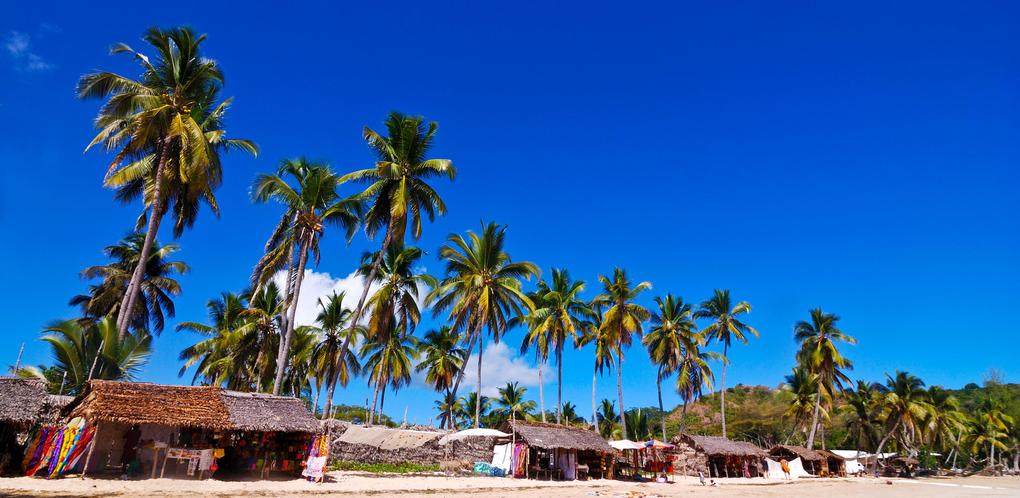Introduction
What to do
When to visit
How to get there
Where to stay
Getting around
Local costs
English
- Argentina
- Australia
- Belgique (Français)
- België (Nederlands)
- Bolivia
- Brasil
- Canada (English)
- Canada (Français)
- Chile
- 中国
- Colombia
- Costa Rica
- Danmark
- Deutschland (Deutsch)
- Germany (English)
- Ecuador
- El Salvador
- España (Español)
- Espanya (Català)
- France
- Ελλάδα
- Guatemala
- Honduras
- Hong Kong (English)
- 香港 (中文)
- India
- Indonesia (Bahasa Indonesia)
- Indonesia (English)
- Ireland
- Israel (English)
- ישראל (עִבְרִית)
- Italia
- 日本
- Malaysia (English)
- Malaysia (Melayu)
- México
- Nederland
- New Zealand
- Nicaragua
- Norge
- Panamá
- Paraguay
- Perú
- Philippines
- Polska
- Portugal
- Puerto Rico
- República Dominicana
- România
- Suisse (Français)
- Schweiz (Deutsch)
- Singapore (English)
- 新加坡 (中文)
- South Africa
- 대한민국
- Suomi
- Sverige
- 台灣
- Türkiye
- United Arab Emirates
- United Kingdom
- United States (English)
- Estados Unidos (Español)
- Uruguay
- Venezuela
- Vietnam (English)
- Việt Nam (Việt)
- Österreich
- Česká republika
- Україна
- المملكة العربية السعودية (العَرَبِيَّة)
- Saudi Arabia (English)
- ประเทศไทย (ภาษาไทย)
- Thailand (English)

